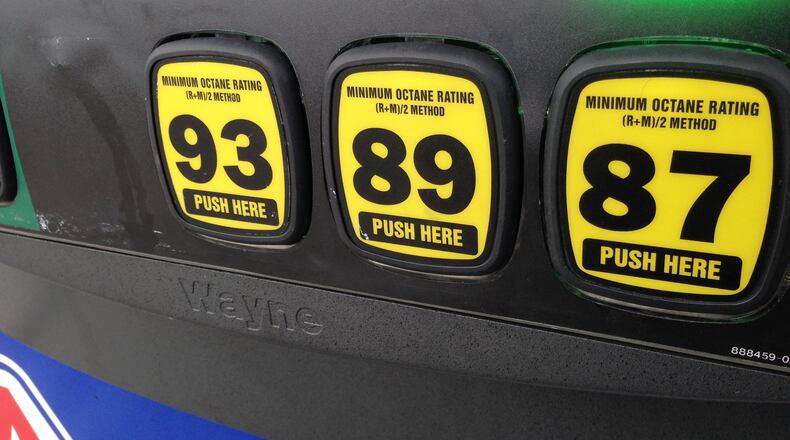I have considered using the “plus” grade but I am concerned that it is not as refined as premium. Do you think using plus grade of gasoline will be OK to use in my Chevrolet pickup trucks?
Halderman:
I think the term “premium” is causing confusion with many owners because it is an indication of the fuel’s anti-knock characteristics and does not indicate the quality of the fuel. All gasoline is refined to an industry standard to a specific octane rating such as 87, 89 or 91 etc. The recommended octane rating is shown in the owner’s manual or often on the fuel door. Most vehicles require 87 (regular grade) of gasoline.
Some, especially high-performance vehicles, recommend 89 (midgrade or plus) or 91+ (premium). Unless the vehicle manufacturer recommends or requires the use of premium fuel, there is no advantage to using a higher grade (octane rating) gas. All vehicles use a fuel filter, both in the fuel tank and in the fuel line before the fuel is sent to he fuel injectors, so any dirt or debris is caught before it can enter the engine. Therefore, I recommend using regular grade of fuel in your Chevrolet trucks. Your wallet will like the savings.
Have an automotive question? Get a straight answer by writing to Jim at jim@jameshalderman.com
About the Author
